This is it. You finally got some friends and players who want to play D&D, you’ve got the books and the dice, and you are ready to get going and start your campaign.
But do you all know when you are playing? Or where you are meeting? Have you checked if there are any house rules you need to know? These are the questions worth answering and discussing before you get stuck into a full game of D&D. Thankfully, there is an answer to this problem; Session Zero.
Having a Session Zero can help to avoid any issues, clarify rules, or discuss elements of the game world and get all the players at the table on the same page, and make a game run smoothly. In this guide, we’ll go over some of the key details you should cover, and how to run a Session Zero, so you and your players can be ready for your next fantasy epic.
Related: Related: DnD Announces Big Changes For Warlock, Wizard, Sorcerer, Barbarian, & Fighter Classes
What is Session Zero?
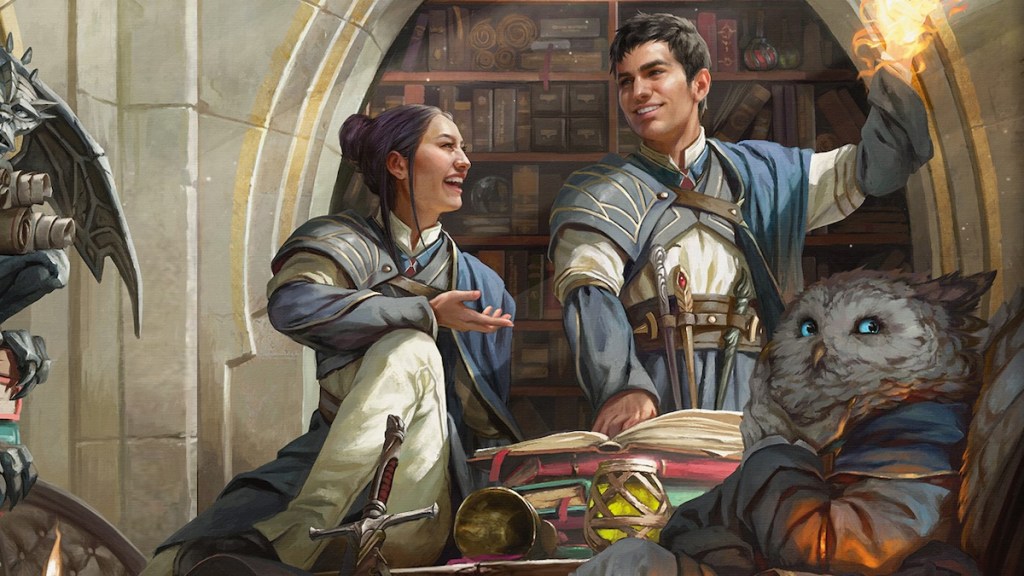
Session Zero is a game session of D&D that is run before the main campaign begins, in which the DM and players discuss what kind of game they will be playing. This includes setting expectations for the campaign, getting everyone at the table (or in the online chat) on the same page, and giving everyone a chance to ask questions and get familiar with the game world, system, and each other.
Every table of D&D is different, and players will have different ideas and hopes for what they will get out of a campaign. Some want a ton of combat and adventure; others may enjoy roleplay and deep, multi-layered narrative. Players or the DM may want to discuss adding some flavor to certain aspects of the game or have homebrew rules they want to try and explain. Or, you may have a new player you want to help ease into the world of D&D. The bottom line is there is a lot that goes into a campaign, and taking a session to get your affairs in order, clear up any issues, and discuss how the game will be played, can go a long way to making your D&D campaign a success or failure.
Session Zero Checklist
There is a lot to cover in Session Zero, so we’ve put together a checklist of what we think are some of the most important topics to discuss before you all jump into your next big adventure. Some of these may not apply to every campaign, but they are worth keeping in mind.
When and Where Are You Playing
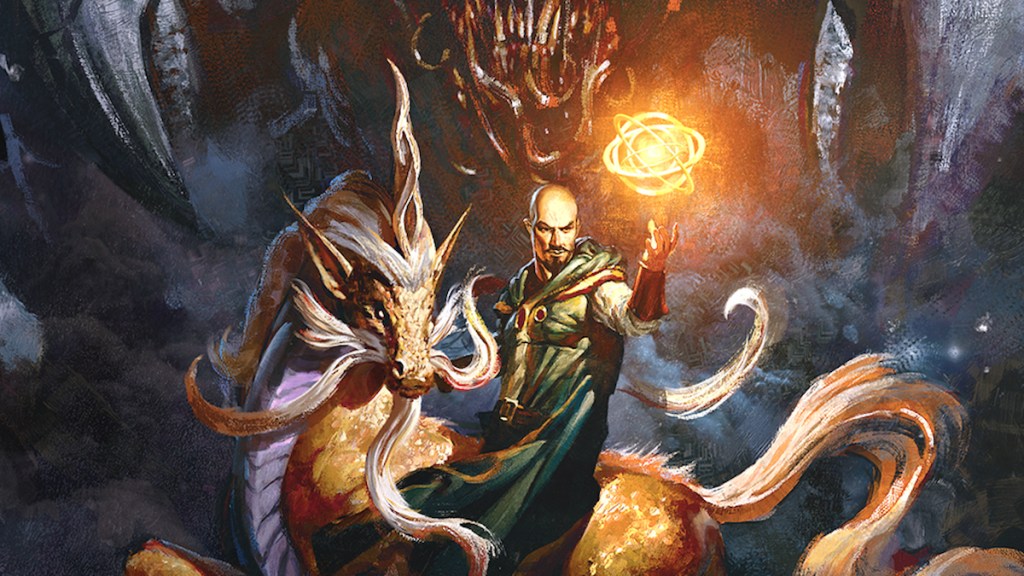
First, people have their own lives to live, with different responsibilities and commitments that affect how much free time they have, so a good thing to sort out right away is when and where you will be playing. There are a few things to consider when discussing this, including:
- How often will you meet to play?
- How long can you all commit to playing at each session?
- Where will you play?
- What is your start time?
- What conditions may call for a session to be canceled?
Related: Dungeons & Dragons: Starting Tips For New Players
Both you and your fellow players will want a good idea of your session schedule so you’ll know when you are playing. You may play every week for a few hours or do a marathon all-day session once a month. You may go to the DM’s home to play or meet at a local game store, or perhaps playing online with websites like Roll20 works better for your group. All of these should be agreed upon and arranged during Session Zero.
In particular, conditions for canceling a session and start times are two things we think are essential to establish. Players don’t have an infinite amount of time, and if you agree on a time to begin playing, then players should respect that and turn up on time. It may seem a bit strict, but it keeps players accountable and reduces the chance a game will abruptly end. Of course, emergencies or issues can arise, but as a rule of thumb, make sure you can all turn up on time.
On top of that, it’s worth figuring out what conditions will mean you have to cancel a session. Sometimes it could be players being unable to attend or potential work/family commitments; you’ll need to discuss how to handle those situations. On a smaller scale, such as one player being absent, there could be a simple narrative explanation the DM comes up with, or they may allow fellow players to control their character for that session. Sometimes, it’s a bust, and a session can’t go ahead for multiple absences or issues on the DM’s side. If that happens, you will probably have to accept it and be respectable about the situation.
Setting the Tone and Introducing the World

A big part of Session Zero is establishing the campaign’s tone and introducing the world that the game is set. What we mean by this is what kind of adventure will players undertake, and what kind of world will they be experiencing in the campaign.
Setting the tone of your campaign is very important, as it will give players an idea of the kind of world they will explore, be it more serious or whimsical. You may have planned a more combat-focused campaign with dungeons and epic battles, or want something with more politics, puzzles, and roleplay. Whatever it may be, it’s important to let players know what to expect from the campaign, so they can voice opinions and thoughts and prepare accordingly. It also allows players who may not enjoy that campaign style to say so and potentially sit out until the next one that fits their playstyle and expectations.
Related: Dungeons & Dragons: Every Class To Play As in 5e
In that same vein, the DM should introduce the world the players will explore and go over some of the major details with them, especially if it is a homebrew campaign. This can include the world’s gods, races, key locations, points of lore, currencies, and everything in between. It’s also a chance for players to ask about aspects of the world you may not have considered, and it not only can help you refine ideas or concepts but let the players become part of that process.
Both of these topics often go hand in hand, with the tone often informing the kind of world and story you want to tell and vice versa, and it helps everyone get on the same page. They’ll know what to expect, what kind of adventure they are getting into, and the world they will be exploring, so definitely be sure to discuss these elements. As a tip, you can create some small pitch/fact sheets with the key features of your campaign that you can give players to read through too.
House Rules and Table Etiquette
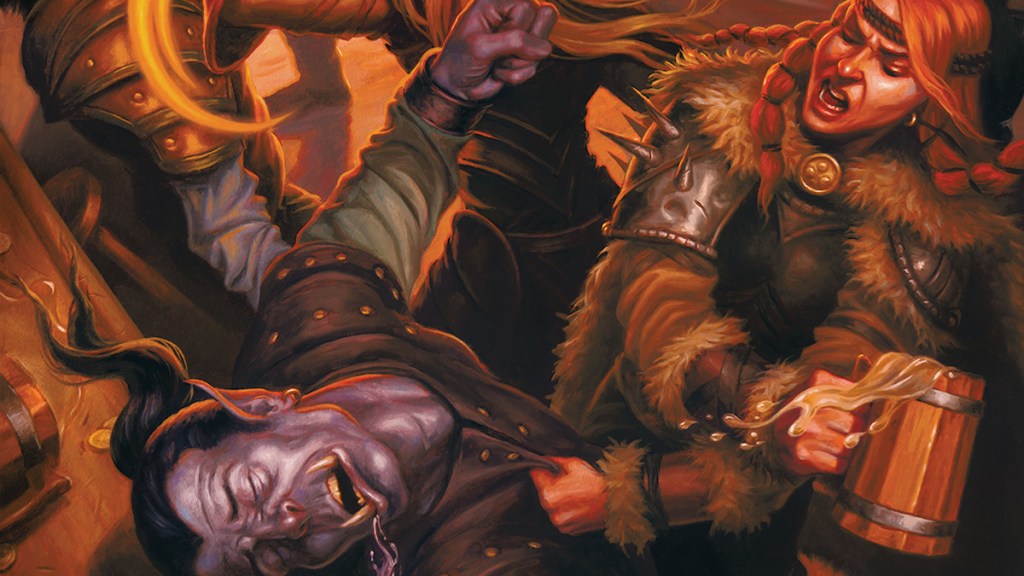
Every DM and campaign in D&D is different, it’s one of the best parts of the game, and in many cases, that’s down to house rules.
House rules are the variations, additions, or exclusion of certain rules in D&D and rules or table policies that a DM or player will adhere to during a campaign. These can be all manner of things, like what happens if a dice roll falls onto the floor, or using a homebrew rule for how potions work instead of the official rules. This can also include how a DM handles character deaths, critical hits, or fumbles. Sometimes, it may be a class or race restrictions due to narrative reasons or discussing how alignments work in the campaign. There are infinite possibilities here, so you should talk with the other players and DM about these house rules and how they will work, and get clarification on them before you start.
This would also be an excellent time to establish the rules of the table outside of the game. A DM may ask players not to use their phones during the session unless asked to when looking up a rule, or you may discuss what food and drink, like alcohol, can be brought to the game. This also extends to a discussion around certain topics that may present themselves in the game and how they are handled or the subject of metagaming. Like house rules, these should be established during Session Zero to make sure that in the future, players are aware of what they can and can’t do during a session so it runs smoothly and everyone feels comfortable and ready to play.
Safeguarding and Safety Tools
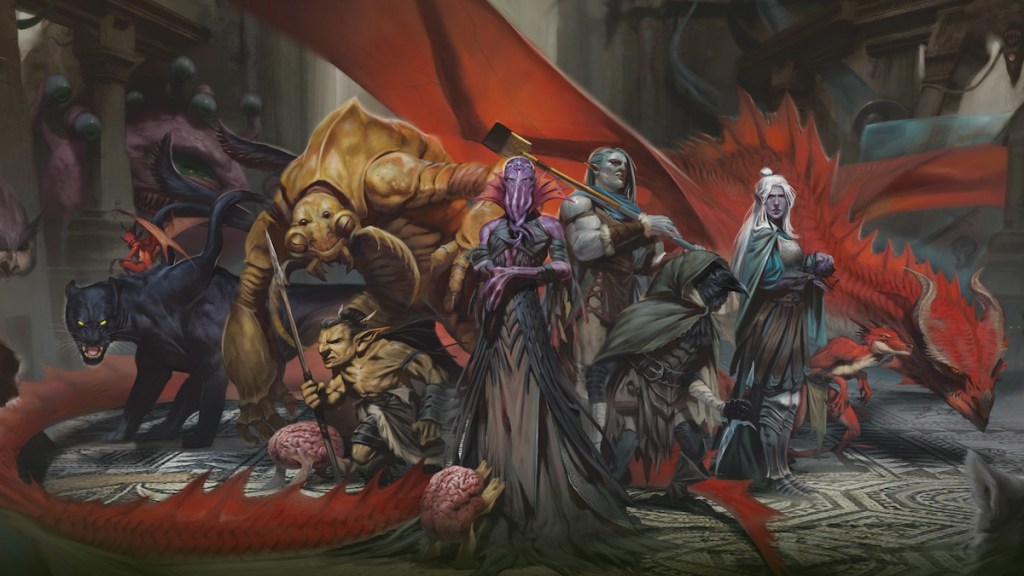
D&D is a game that you and your fellow players should enjoy together, and everyone in the game should feel comfortable while playing. There may be subjects or topics that certain players have an issue with hearing about or discussing, and there are a few things that can be put in place to help with this, and taking a few minutes to review them can be a massive help to everyone involved.
Related: DnD 5E Should Make Popular Potion Homebrew Rule Canon
There are two commonly used safety tools used that we recommend, the first being Lines and Veils by Ron Edwards. A line is a particular subject or action a player doesn’t want to be included in the game, including topics like excessive violence, animal abuse, sexual violence, etc. A Veil is an action or subject that the player doesn’t want to be described in vivid detail, and may only be eluded to or spoken about vaguely.
The second tool is called the X card by John Stavropoulos. This involves every player (should they want one) having a card or piece of paper with an X drawn onto it. If a subject or situation makes a player uncomfortable, they can show the DM their card, and the table can adjust and move away from that subject matter. The person who showed or touched their X card is not obligated or expected to share why they have chosen to use their card.
These can naturally change as a campaign progresses, with things becoming ok or people’s feelings on subjects evolving. Hence, it’s worth checking in occasionally so everyone is still on the same page. Additionally, players should respect these rules, even if they don’t entirely agree or feel the same about certain topics. Multiple people are at the table, and everyone should feel like they can enjoy the game safely and have fun. If someone isn’t willing to do that, discuss it with your DM, or if a group isn’t willing to listen, then screw them and find a better group that will be respectful.
Character Creation

Session Zero can be an excellent opportunity to create and develop your character alongside your other players, and it can be a great team-building moment.
Depending on the campaign, there may be restrictions on certain races or classes the DM wants you to play or may have certain house rules and homebrew content players want to run by the DM. During Session Zero, you can discuss all this and ensure everything is in order. It can also be a good time to ask for help if you are a newer player and aren’t as experienced in character creation.
Related: When Did DnD Come Out & Who Invented It? Explained
Additionally, it can be a great time to develop character backstories and introductions and discuss with the DM how your character came to be, their motives, how they may know other player characters, etc. It can also help you get the appropriate tone and style of character for the game that will be running. If you make a bard who is silly and whimsical in a more gritty campaign, it can be an issue or throw the game out of whack. On the flip side, it could be a great addition that creates unique moments, but this is something to discuss with the DM.
On top of that, creating characters together can be a great team-building and bonding moment as you discuss what kind of characters you want to play and collaborate on elements of the process. You could help each other make a balanced team to tackle the campaign and its challenges or throw in some cool ideas for character stories and personalities. It’s a great chance to get to know your fellow players, or hang out with friends as you prepare for your next D&D adventure, and we recommend you try this every once in a while.
Have a Test Run

With characters made, rules established, and boundaries set, it’s a good idea to try and do a test run at the end of Session Zero to give players and the DM a chance to see everything in action.
This can be a small combat encounter to try out classes, spells, and abilities, or a roleplay scenario that sets up the beginning of the main campaign. Whatever you decide, it can be a great chance for everyone to adjust and discuss game elements in real time, like potential rule changes.
This doesn’t have to be a nameless thrown-together test run either. You could use this as a chance for characters to introduce themselves and meet or to set up a central story element. Think of it like a prequel, and use it to whet your appetites before you embark on the grand adventure.
Related: Dungeons & Dragons Honor Among Thieves Character Sheets & How To Get Them
It’s a good way to cap off a Session Zero, and everyone at the table can walk away prepared and informed on what they can expect. Now they need to wait until your adventures begin!




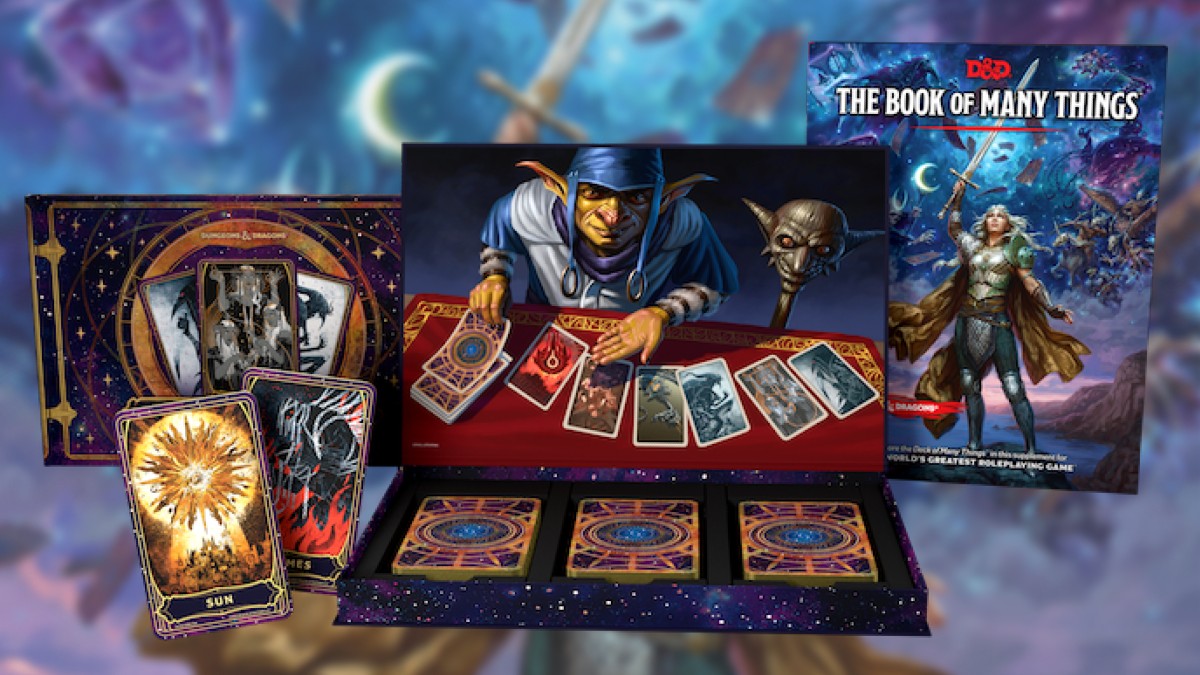
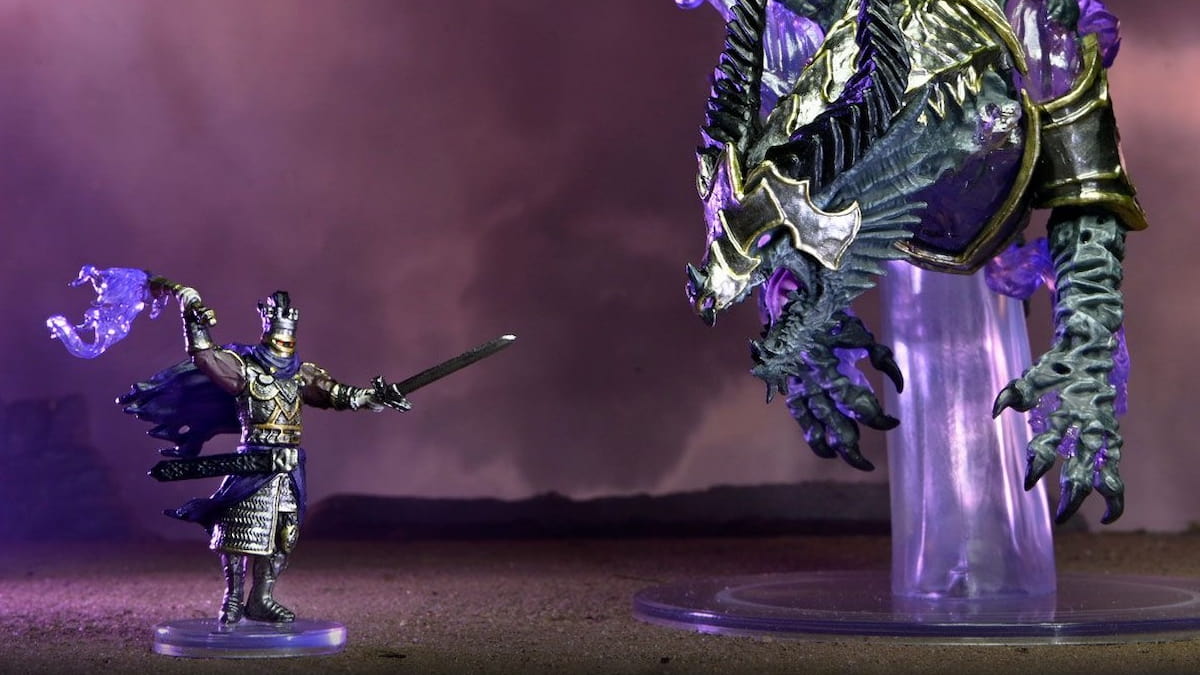
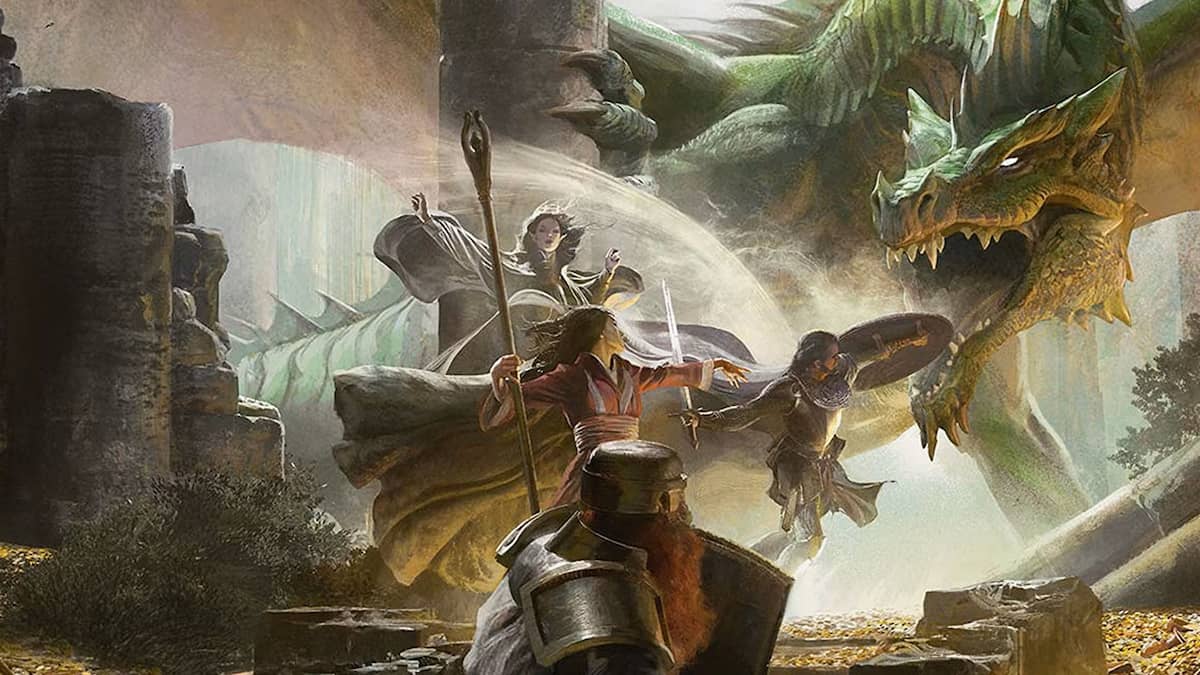
Published: May 2, 2023 4:07 PM UTC